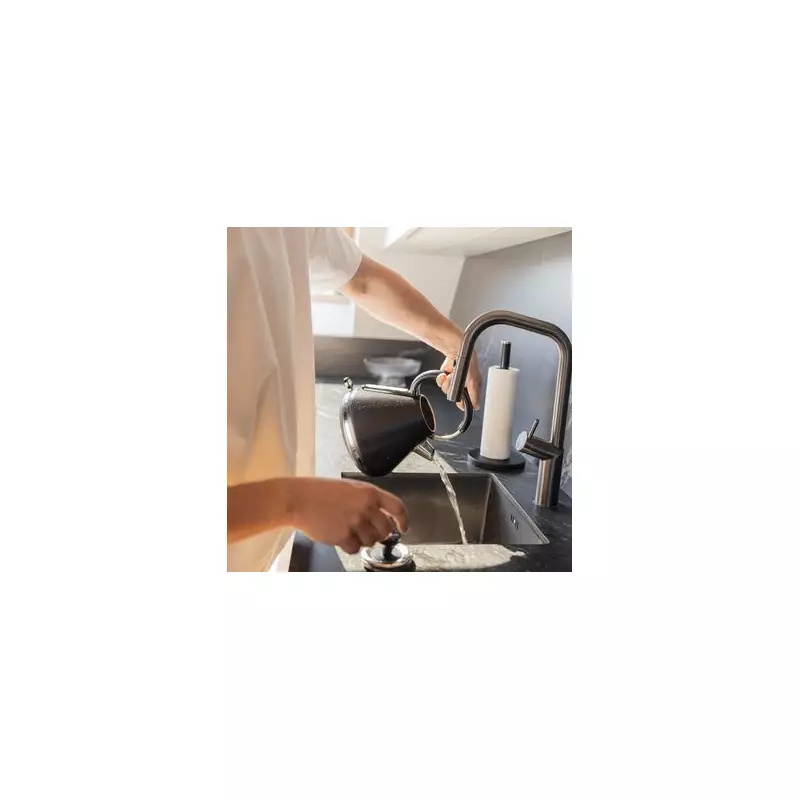
As a severe cold snap grips the nation, plumbing specialists are issuing an urgent warning to every household in the UK: stop pouring hot water down your kitchen sink immediately. This common winter practice, often used to clear greasy blockages, is now revealed to be a recipe for expensive plumbing disasters.
The Hidden Danger to Your Home's Pipes
The team of experts at Plumbworld has identified a critical risk that escalates as temperatures plummet. While many families instinctively reach for the kettle to tackle a slow-draining sink, this solution is causing more harm than good. The problem is particularly acute in November, a month where the Met Office has already issued snow and ice warnings.
Most modern British homes are fitted with PVC pipes, which cannot endure the extreme heat of boiling water. When scorching water meets these plastic pipes, the thermal shock can cause the material to soften, warp, or even melt. Furthermore, the intense heat can loosen the adhesive holding pipe joints together and degrade crucial rubber seals.
Why Winter Makes the Damage Worse
The situation deteriorates significantly during the colder months. Cold weather causes pipes to contract, placing them under natural stress. A sudden blast of boiling water then forces them to expand rapidly. This drastic temperature fluctuation dramatically increases the likelihood of cracks, loose joints, and slow, hidden leaks.
These leaks often start small, concealed behind walls or under cabinets, and can go undetected for weeks. By the time damp patches or water damage become visible, the structural harm to your home and the repair bill can be substantial. Plumbworld emphasises that winter is one of the worst times for this type of damage, as frozen ground and increased indoor water usage add to the pressure on your plumbing system.
Ineffective and Risky: The Truth About Boiling Water
Adding to the problem is the fact that pouring boiling water down the drain is rarely an effective solution. Contrary to popular belief, it does not dissolve stubborn clogs made from fat, oil, or food waste. Instead, the water often pushes the blockage further down the pipe, making it more compact and much harder—and more expensive—for a professional to remove later.
The risk is compounded if boiling water is used in conjunction with chemical drain cleaners. The reaction between the heat and the chemicals can be volatile, potentially leading to pipe corrosion or even sudden, catastrophic bursts.
Safe and Effective Alternatives for Clear Drains
Instead of risking your pipes with boiling water, Plumbworld recommends several safer methods to maintain clear drains. For light buildup, using hot tap water (which is warm but not boiling) is a safe alternative. When disposing of cooking water, such as after making pasta, allow it to cool for a few minutes before pouring it away.
For more stubborn clogs, consider these reliable methods:
- A sink plunger: Often effective at dislodging debris near the surface.
- A drain snake or auger: This tool can physically break up or retrieve blockages without damaging pipework.
- A natural baking soda and vinegar mixture: Pour half a cup of baking soda followed by one cup of vinegar down the drain. Let it fizz for ten minutes before flushing with hot tap water.
With households relying more on their plumbing during winter, experts stress that a small change in habit can prevent a major crisis. Regular maintenance and using the correct methods to clear blockages can save families from unexpected, costly repairs and significant water damage during the coldest part of the year.





